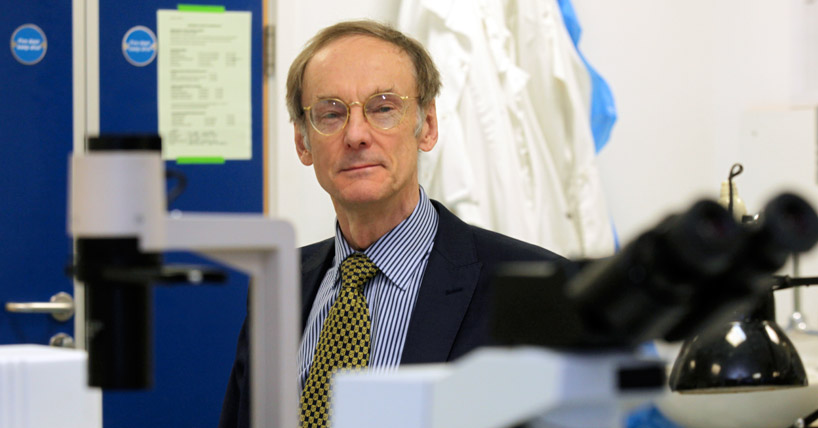Jenny65
Well-Known Member
- Relationship to Diabetes
- Type 2
Just thinking along the lines of the chicken or the egg scenario, which came first, did weight gain lead to hyperinsulinemia or did hyperinsulinemia lead to weight gain? Been reading up on it and none the wiser and if you have this condition do you have it for life or can you do things to make it go away?

